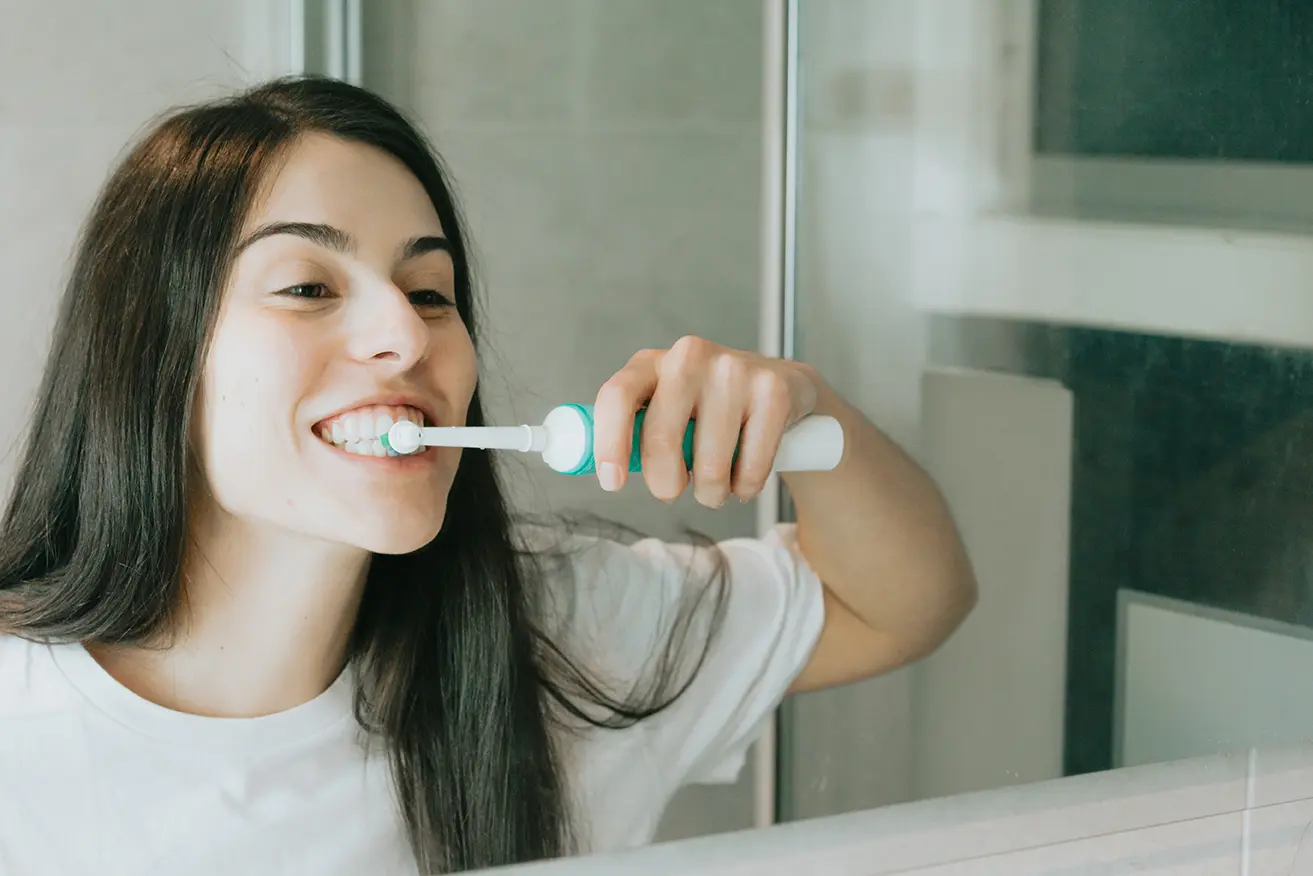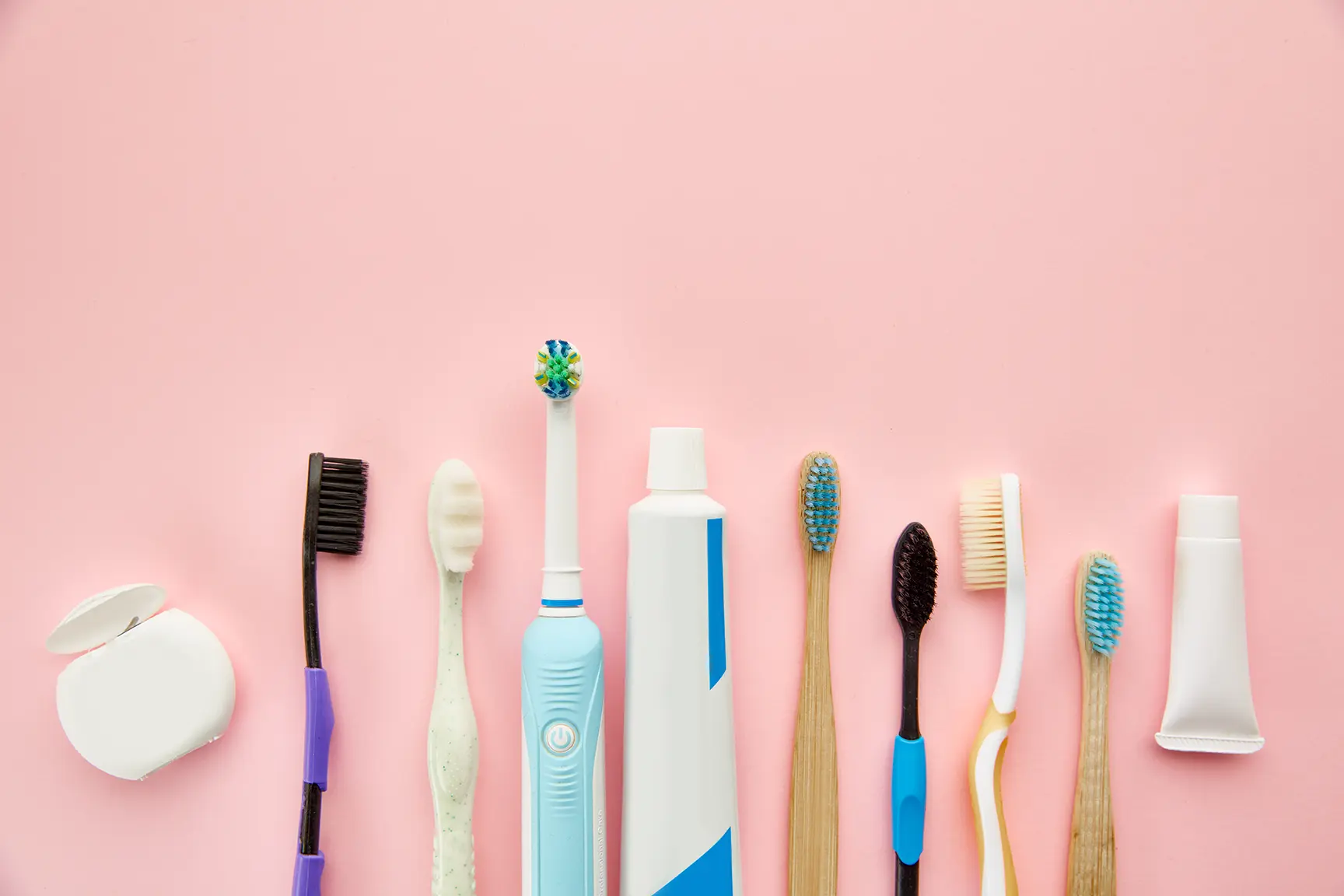At Pickett Family Dental, we understand that maintaining excellent oral health is crucial for a beautiful smile and overall well-being. One of the key elements in maintaining good oral hygiene is selecting the right toothbrush. In this guide, we will help you navigate the world of toothbrushes and find your perfect match for optimal oral care.
Soft Bristles: Why We Highly Recommend Them
When it comes to choosing a toothbrush, we highly recommend opting for one with soft bristles. Soft bristles offer several advantages over their harder counterparts. Firstly, soft bristles are gentle on your teeth and gums, ensuring effective cleaning without causing unnecessary damage or irritation.
Soft bristles are particularly beneficial for individuals with sensitive teeth or gum recession. They are designed to flex and adapt to the contours of your teeth and gums, allowing for thorough plaque removal without harsh abrasion. This gentle approach helps to prevent enamel wear and gum tissue recession, ultimately promoting long-term oral health.
In comparison, hard bristles can be overly abrasive, potentially leading to enamel erosion and gum damage. We advise against using hard bristle toothbrushes to safeguard your oral health.
The Power of Electric Toothbrushes
When it comes to taking your oral hygiene routine to the next level, electric toothbrushes are a game-changer. Electric toothbrushes offer advanced cleaning technology that can help you achieve a higher level of oral care.
The rotating or oscillating bristle heads of electric toothbrushes perform rapid movements, providing a more consistent and thorough cleaning action compared to manual toothbrushes. This enhanced cleaning action helps remove plaque and tartar more effectively, reducing the risk of cavities and gum disease.
Many electric toothbrushes often come equipped with built-in timers, ensuring that you brush for the recommended two minutes. This feature encourages proper brushing habits and helps you achieve optimal results every time.
At Pickett Family Dental, we recommend electric toothbrushes for their ability to provide a comprehensive clean and simplify your oral hygiene routine. They are especially beneficial for individuals with limited dexterity or those who find it challenging to maintain proper brushing technique.

Factors to Consider When Choosing a Toothbrush
Selecting the right toothbrush involves considering several factors to ensure it meets your unique needs. Here are some key factors to consider:
- Size and shape: Choose a toothbrush head size that comfortably fits in your mouth and allows easy access to all areas of your teeth and gums. A smaller head size can help maneuver around hard-to-reach areas, such as the back molars.
- Bristle type: As mentioned earlier, opt for soft bristles to protect your teeth and gums from damage. Soft bristles effectively clean without causing unnecessary abrasion. If you prefer a specific bristle texture, such as tapered or rounded bristles, feel free to explore those options.
- Handle design: Look for a toothbrush with an ergonomic handle that provides a comfortable grip. A handle that fits well in your hand allows for better control and maneuverability while brushing.
- Manual or electric: Consider your personal preference and oral health needs. Manual toothbrushes are simple and portable, while electric toothbrushes offer advanced cleaning technology. Both options can be effective when used correctly, so choose the one that best suits your lifestyle and encourages consistent brushing habits.

Customizing Your Toothbrush Selection
Depending on your specific dental concerns or preferences, you might benefit from customizing your toothbrush selection. Here are a few considerations:
- Sensitive teeth: If you have sensitive teeth, look for toothbrushes specifically designed for sensitive oral care. These toothbrushes often have extra-soft bristles and gentle brushing modes to minimize sensitivity.
- Orthodontics: For individuals with braces or other orthodontic appliances, consider toothbrushes with specialized features. Look for toothbrushes with angled bristle patterns or orthodontic-specific brushes designed to effectively clean around brackets and wires.
- Additional features: Some toothbrushes come with additional features such as built-in tongue cleaners or gum stimulators. These features can complement your oral care routine and contribute to fresher breath and healthier gums.
Maintaining and Replacing Your Toothbrush
Proper care is key to keeping your toothbrush clean and ready for use. Thoroughly rinse the bristles with water to remove any toothpaste residue or debris. After rinsing, store your toothbrush upright in a well-ventilated area to allow it to air dry. Avoid storing toothbrushes in closed containers, as the moist environment can promote bacterial growth. By following these simple care instructions, you’ll help maintain the cleanliness of your toothbrush.
In terms of replacement, it’s important to change your toothbrush (or the head of the toothbrush for electric toothbrushes) every three to four months or sooner if the bristles become frayed or worn. Over time, the bristles on your toothbrush can deteriorate, making them less effective at removing plaque and maintaining oral health. By regularly replacing your toothbrush, you ensure that it continues to provide the best possible cleaning for your teeth and gums.
Considerations for illness should also be taken into account. If you’ve been sick, it’s a good idea to replace your toothbrush once you’ve recovered. Bacteria and viruses can linger on toothbrush bristles, potentially leading to reinfection. By using a fresh toothbrush after an illness, you minimize the risk of reintroducing harmful bacteria into your mouth and help maintain a healthy oral environment.
Professional Dental Care and Advice in Keller, Texas
Choosing the right toothbrush is a critical step in maintaining optimal oral health. At Pickett Family Dental, we highly recommend toothbrushes with soft bristles for gentle yet effective cleaning. Additionally, electric toothbrushes offer advanced cleaning technology and can elevate your oral hygiene routine.
Remember to consider factors such as size, bristle type, handle design, and your personal dental needs when selecting a toothbrush. Customize your toothbrush selection to address specific concerns like sensitive teeth or orthodontics. And don’t forget to practice proper toothbrush maintenance and replace your toothbrush regularly for optimal results.
For personalized advice on selecting the right toothbrush or to schedule a dental consultation, contact Pickett Family Dental today. Our dedicated team is here to support your oral health journey and help you achieve a healthy, radiant smile.



